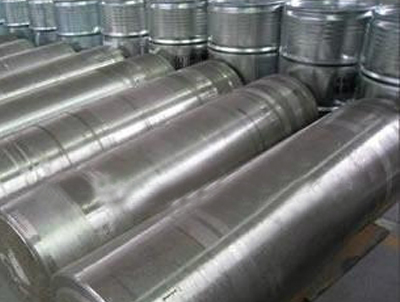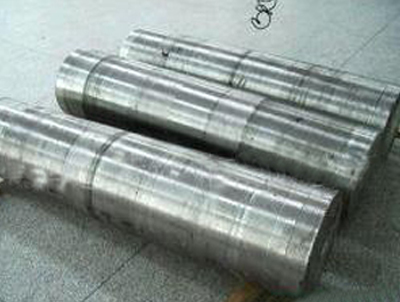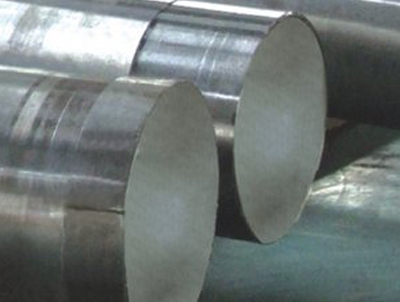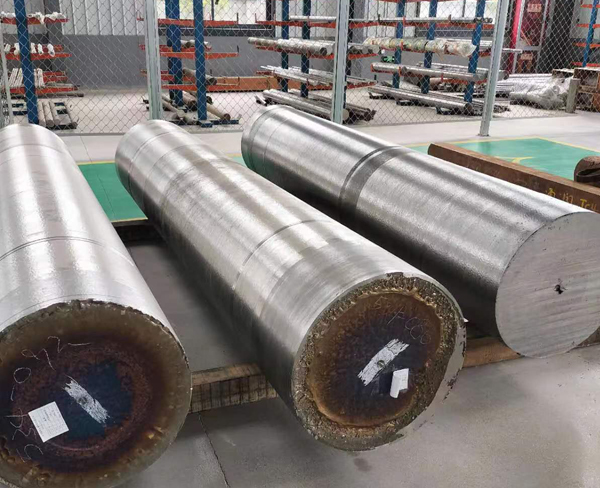The Russian invasion of Ukraine has sparked supply chain concerns for metals like titanium
That has opened the door to new entrants into the titanium supply chain, including in the market for natural rutile, the purest form of titanium dioxide feedstock for the pigment, welding and other markets.
Sovereign Metals (ASX:SVM), which counts its Kasiya mineral sands deposit in Malawi as the best discovery globally of natural rutile in the world in the past 50 years, is getting a seat at the table.
Just one week after nabbing its first supply deal with multinational metal powder provider Hascor, Sovereign has become a member of the UK’s Critical Minerals Association, a body which works to increase the self-sufficiency of UK industrial supply chains.
Its chairman Ben Stoikovich last week attended the Critical Minerals Strategy Roundtable held by the UK’s Department for Business, Energy and Industrial Strategy.
Customers are eager to get a taste of Kasiya’s rich natural rutile and graphite reserves.
Sovereign has been courted by the UK’s Department of International Trade, which is assessing Sovereign’s potential to supply high purity titanium feedstocks and natural graphite as critical raw materials required by the UK.
“The world’s economies are rightly focusing on developing sustainable and secure supply chains of raw materials deemed critical based on their economic, environmental, and social importance. In this regard, Sovereign’s Kasiya project in Malawi is well positioned to potentially supply two critical raw materials to economies across the globe over several decades,” Stoikovich said.
Russian titanium supply a big worry for UK and EU business
Russia’s VSMPO-AVISMA Corporation accounts for some 25% of the titanium metal supply chain and according to Reuters services half of aviation giant Airbus’ titanium needs and a third of Boeing’s.
“The invasion of Ukraine is likely to redraw the map on titanium supply … the sanctioning of metal and concentrates by the west should lead to consumers seeking new western suppliers,” said London brokers, SP Angel Corporate Finance LLP.
All up – around half of the titanium metal supply chain is filled by China and Russia, making reliable western sources a key focus for governments and business in places like the UK.
Despite its high 95% TiO2 purity the scarcity of natural rutile means it made up just 500,000t of the 7.7Mt titanium dioxide market in 2020, most of which goes into pigments due to its ultra-white colour, ability to scatter light and UV resistance.
Supplies of natural rutile prices are expected to dwindle over the coming years due to declining reserves and grades at operations like Iluka Resources’ Sierra Rutile and Base Resources’ Kwale mine.
The market has been in deficit since 2017 and is likely to continue that way through 2030.






